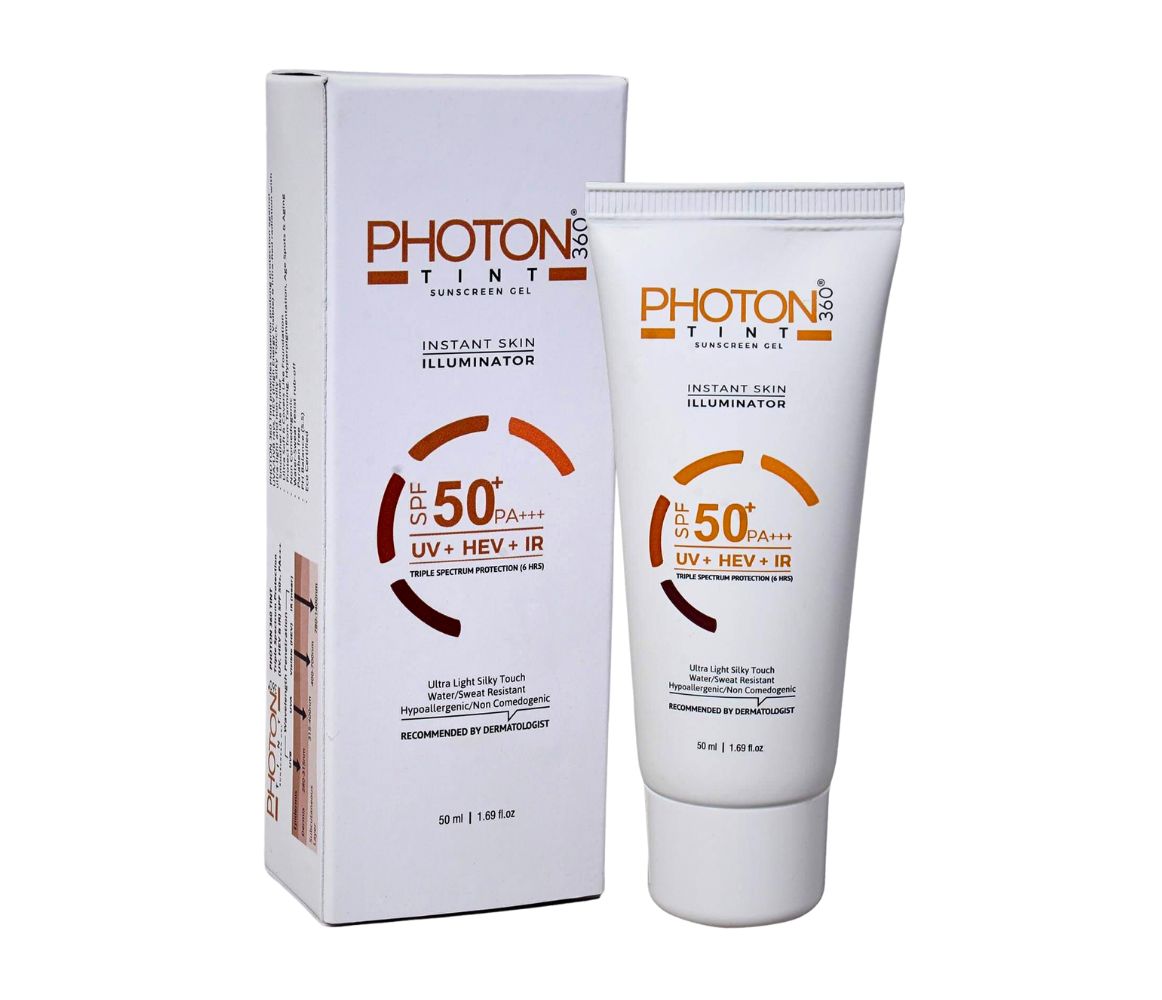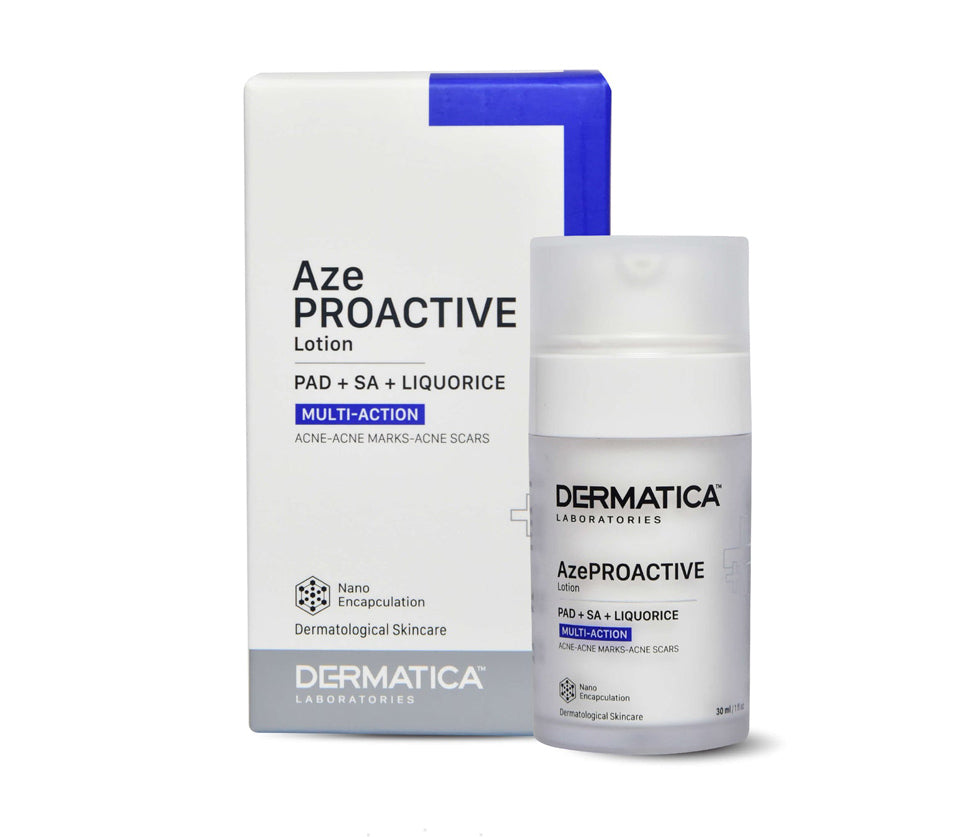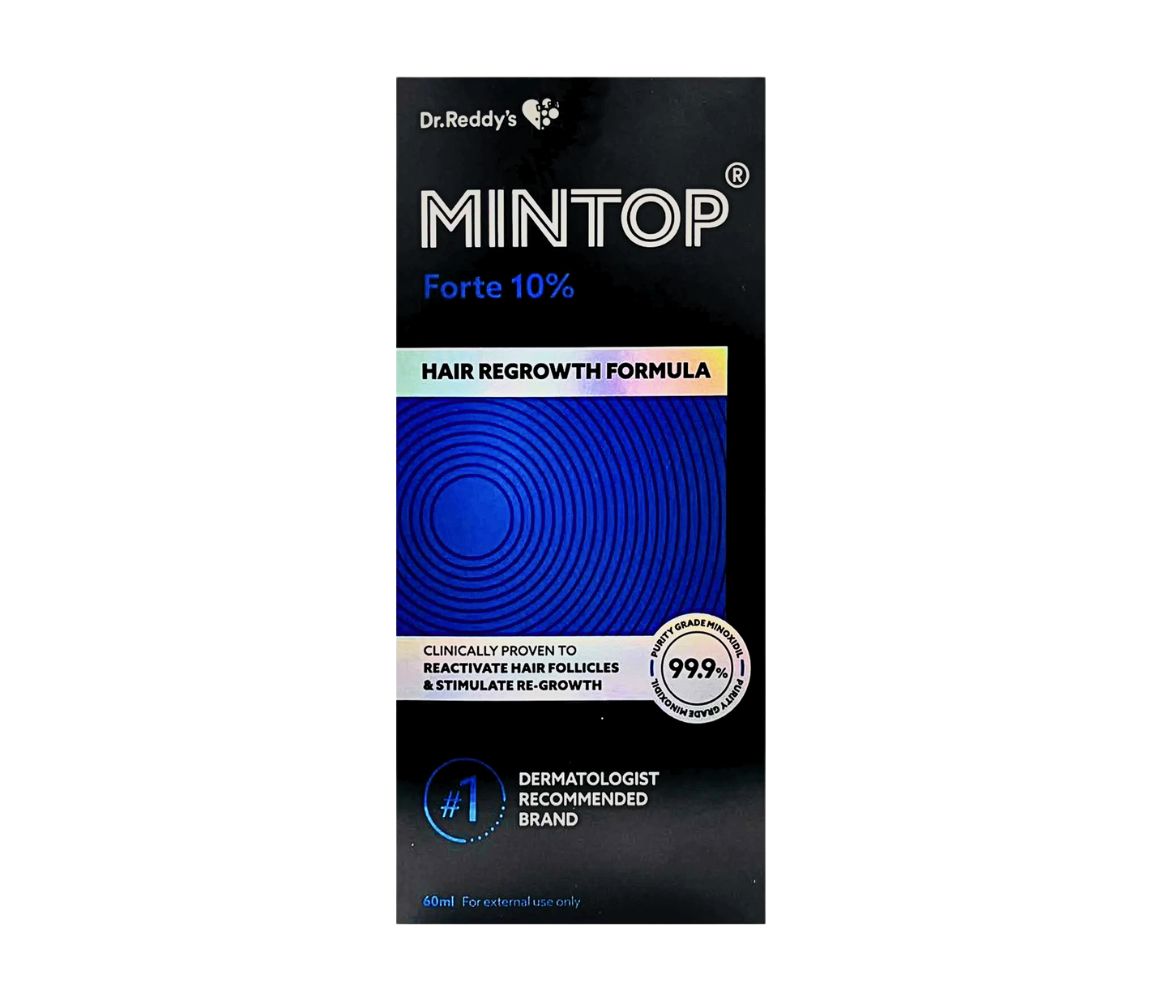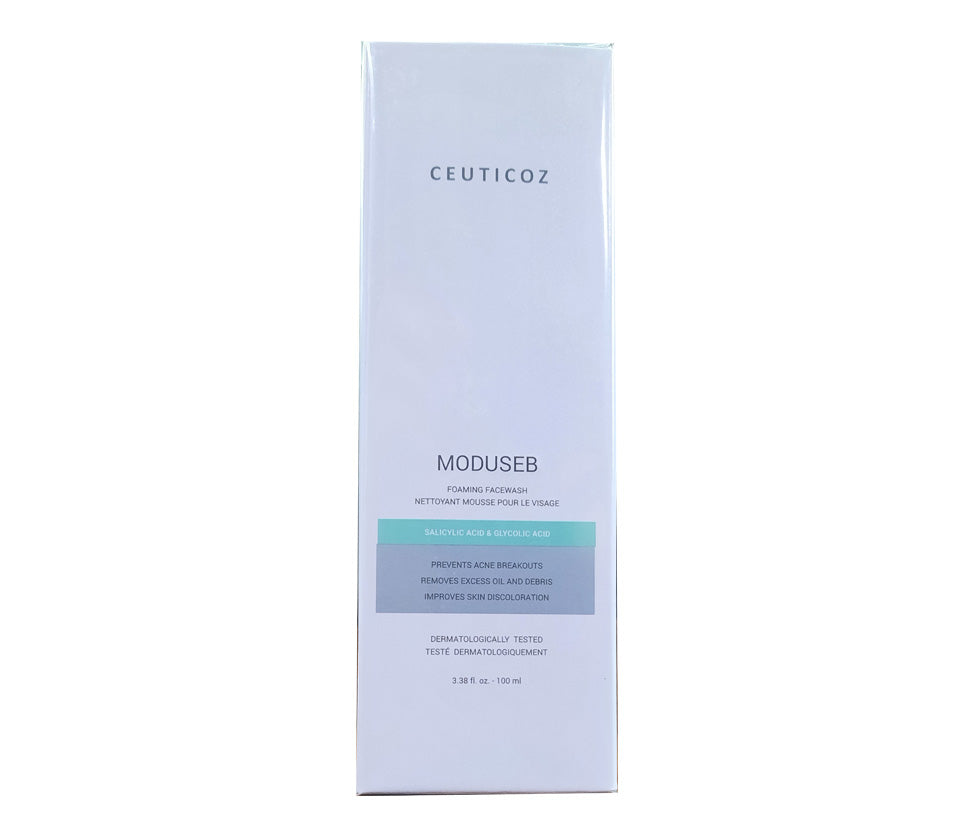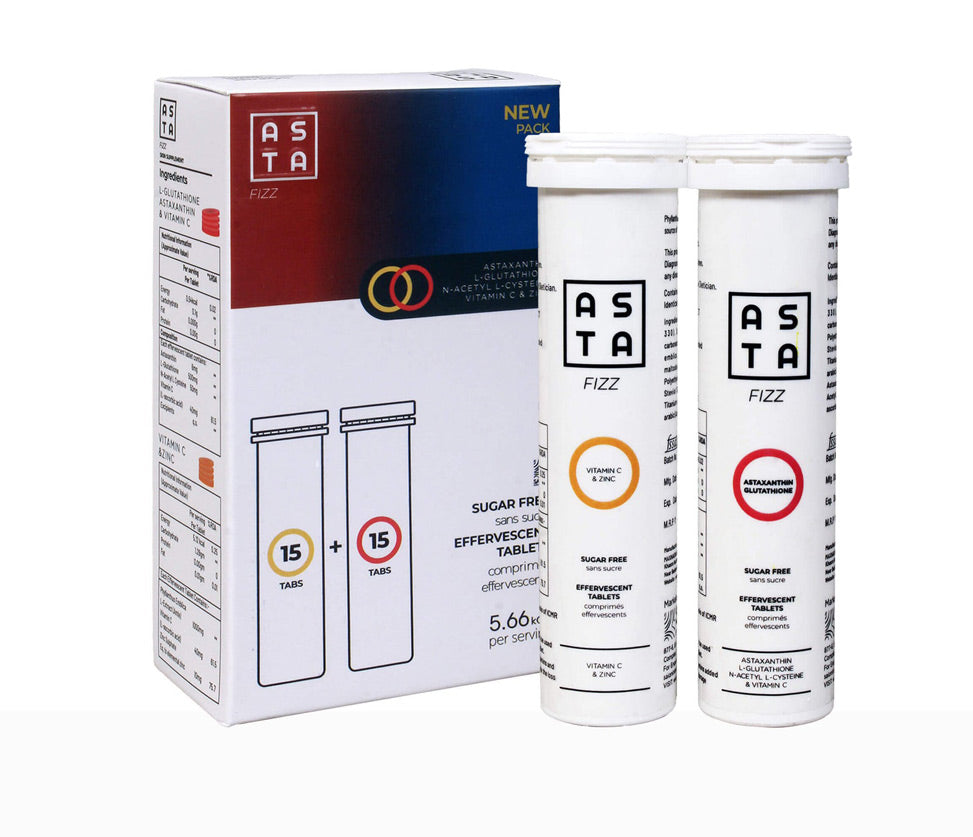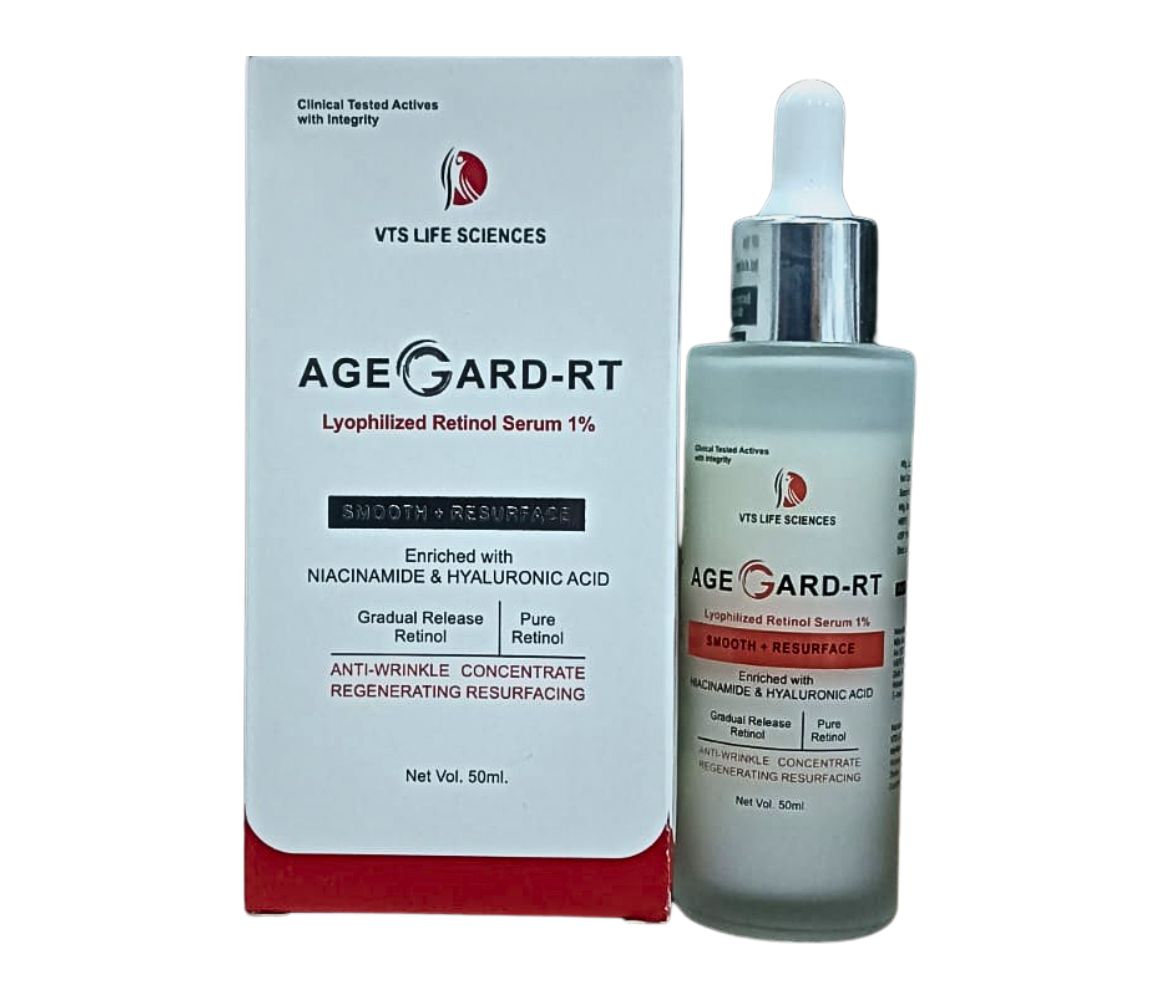Trending in 2025: What’s New in Skincare
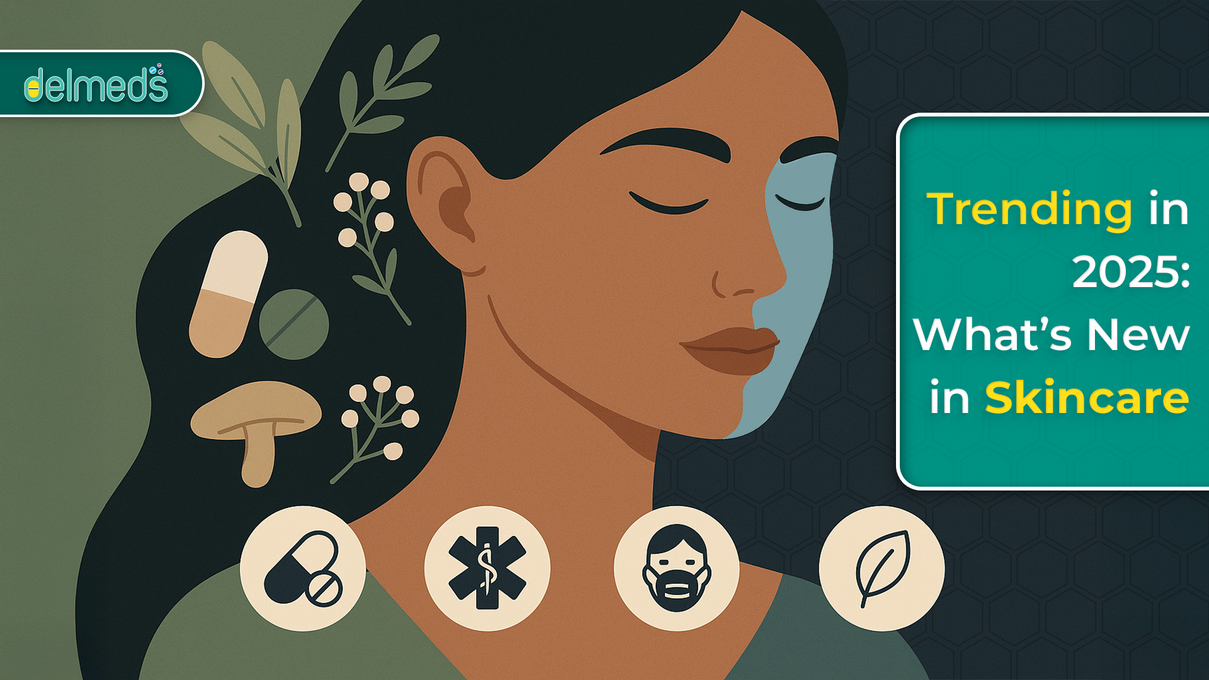
If you thought the skincare world had reached its peak with retinol serums and hyaluronic acid gels, 2025 is here to prove that innovation is just getting started. This year, the industry is blending cutting-edge science, sustainability, and hyper-personalisation to deliver products that are not only effective but also smarter and more responsive than ever. Whether you’re a seasoned skincare enthusiast or just starting to build your routine, here’s a deep dive into the trends making waves in 2025—and why they matter for your skin.

1. AI-Powered Personalisation: The Rise of Smart Skincare
Artificial intelligence isn’t just for tech giants anymore. In 2025, AI is revolutionising how we approach skincare, bringing a level of personalisation that was unimaginable just a few years ago. Today’s AI-powered tools can analyse your skin from a simple selfie, detect concerns like pigmentation, dehydration, or fine lines, and recommend a fully customised routine in seconds. These systems use algorithms that adapt to your skin’s changing needs, factoring in weather, stress, hormones, and even pollution levels.
Brands are rolling out AI-integrated apps and smart mirrors that don’t just give advice—they evolve your regimen over time. Imagine a routine that shifts with the seasons or adjusts when your stress levels spike. This isn’t science fiction; it’s the new standard. The result? Less guesswork, fewer wasted products, and routines that actually deliver results tailored to you.
Explore more about how AI is transforming skincare routines and product development.
2. Postbiotic Skincare: The Microbiome Revolution
If you thought probiotics were just for gut health, think again. In 2025, postbiotics—bioactive compounds produced during probiotic fermentation—are the new stars for skin barrier repair and resilience. Unlike live probiotics, postbiotics are more stable and don’t require refrigeration, making them ideal for modern formulations.
These ingredients, like Lactobacillus ferment and bifida ferment lysate, help reduce inflammation, boost hydration, and support a balanced skin microbiome. Healthy skin starts with a healthy barrier, and postbiotics are proving to be essential for anyone dealing with sensitivity, redness, or environmental stress.
3. Neurocosmetics: Skincare That Supports Your Mood
Skincare is no longer just about the surface. Neurocosmetics—products designed to influence both your skin and your mood—are gaining serious traction. These formulas use textures, scents, and active ingredients that stimulate neurotransmitters, aiming to reduce stress-induced breakouts and support emotional well-being.
Think face creams that help lower cortisol, or serums that boost serotonin for a calming effect. This trend is closely linked to psychodermatology, which recognises the deep connection between mental health and skin health. Expect to see more products marketed as “skin stress relievers,” with adaptogens and soothing botanicals leading the charge.

4. Tech-Infused At-Home Treatments
The at-home skincare gadget boom is in full swing. In 2025, devices like red light therapy masks, microcurrent tools, and ultrasonic skin spatulas are no longer just salon exclusives—they’re accessible, easy to use, and highly effective at home. These gadgets are now being paired with product formulas that enhance absorption and results, making your home routine as potent as a professional treatment.
Smart LED masks and app-synced patches are especially popular among Gen Z and millennials, who want visible results without the hassle of salon visits. The integration of IoT and AR means you can track your progress, get real-time feedback, and even visualise product effects before you buy.
5. Dark Spot Correctors: New Brightening Ingredients
Hyperpigmentation remains a top concern worldwide, and 2025 is seeing a new generation of dark spot correctors that go beyond vitamin C. Dermatologists are turning to high-efficacy ingredients like tranexamic acid, niacinamide, azelaic acid, and kojic acid to fade dark spots and even out skin tone—without the irritation that older formulas sometimes caused.
Product to try:
Niashine Brightening Serum—a lightweight blend of niacinamide and botanical extracts that gently reduces pigmentation and boosts radiance.
6. Waterless Skincare: Sustainability Goes Mainstream
Sustainability isn’t just a buzzword—it’s a necessity. Waterless skincare is leading the eco-friendly charge in 2025, with solid cleansers, concentrated balms, and powder-based serums reducing both water usage and packaging waste. These formulas are not only better for the planet, but they’re also often more potent and travel-friendly.
Expect to see more brands offering waterless cleansers, tonics, and moisturisers, with a focus on upcycled ingredients and minimalist formulations. Refillable packaging and reduced plastic use are also becoming industry standards.
7. Peptide Power: Smarter, Targeted Formulations
Peptides have been around for a while, but 2025 is all about smarter, more targeted peptide blends. Brands are creating multi-peptide serums that address everything from skin firmness to dark spots, using advanced combinations like copper peptides for regeneration or arginine peptides for hydration.
These new formulas are designed to deliver maximum results with minimal irritation, making peptides a go-to for anyone looking to boost collagen, smooth fine lines, or fade discolouration.
8. High-SPF Tinted Sunscreens for Every Skin Tone
Sunscreen is evolving fast. In 2025, tinted sunscreens with SPF 50+ and blue light protection are becoming staples, especially formulas that leave zero white cast and double as lightweight foundations. These multitaskers protect against UV and pollution while evening out skin tone—a must for Indian and deeper skin tones.
Must try:
Aclaris Photon Tint 360 Sunscreen SPF 50—a matte, tinted formula that blends seamlessly for invisible protection.
9. Adaptogens in Skincare: Stress-Proof Your Skin
Adaptogens—herbal ingredients like ashwagandha, reishi mushroom, and gotu kola—are entering the skincare mainstream thanks to their ability to help skin adapt to stress and environmental changes. These botanicals are prized for their calming, anti-inflammatory properties and are showing up in moisturisers, serums, and face mists designed to boost resilience.
If your skin is prone to redness, irritation, or flare-ups during stressful times, look for products featuring adaptogens for an extra layer of protection.
10. The Future of Ingredients: Biotech, Exosomes, and Upcycling
2025 is also seeing a surge in biotech-derived actives, like lab-grown collagen and hyaluronic acid, which offer sustainable, potent alternatives to traditional ingredients. Exosomes—tiny messengers that promote cell regeneration—are making their way into high-end serums, promising improved texture and faster healing.
Upcycled ingredients, sourced from food and agriculture by-products, are being repurposed into unique, eco-conscious formulas. This not only minimises waste but also brings new, nutrient-rich actives to the market.
11. Minimalist and Multi-Tasking Formulations
With busy lifestyles and a growing focus on sustainability, minimalist routines are trending. Consumers are gravitating towards products that do more with less—think serums that hydrate, brighten, and protect, or moisturizers that double as primers. The “skinimalism” movement is all about high-quality, multi-tasking products that simplify routines without sacrificing results.
Final Thoughts: Skincare in 2025 Is Smarter, Greener, and More Personal
The most exciting skincare trends of 2025 aren’t just about chasing a glow—they’re about smarter, science-backed, and holistic care. From AI-powered personalisation and biotech ingredients to waterless formulations and adaptogenic botanicals, the industry is finally catching up to the idea that skin health is deeply personal and shaped by much more than what you put on your face.
Whether you’re experimenting with the latest peptide serum, upgrading your sunscreen, or making your routine more eco-friendly, remember: consistency and simplicity always win. And as always, patch test before diving into anything new.
DISCLAIMER : This website provides general information for educational purposes only and should not be considered a substitute for professional medical advice, diagnosis, or treatment. Always seek the guidance of a qualified healthcare professional with any questions you may have regarding a medical condition. Do not disregard professional medical advice or delay seeking it because of information you've read on this website. Your health is important – when in doubt, consult a doctor.

